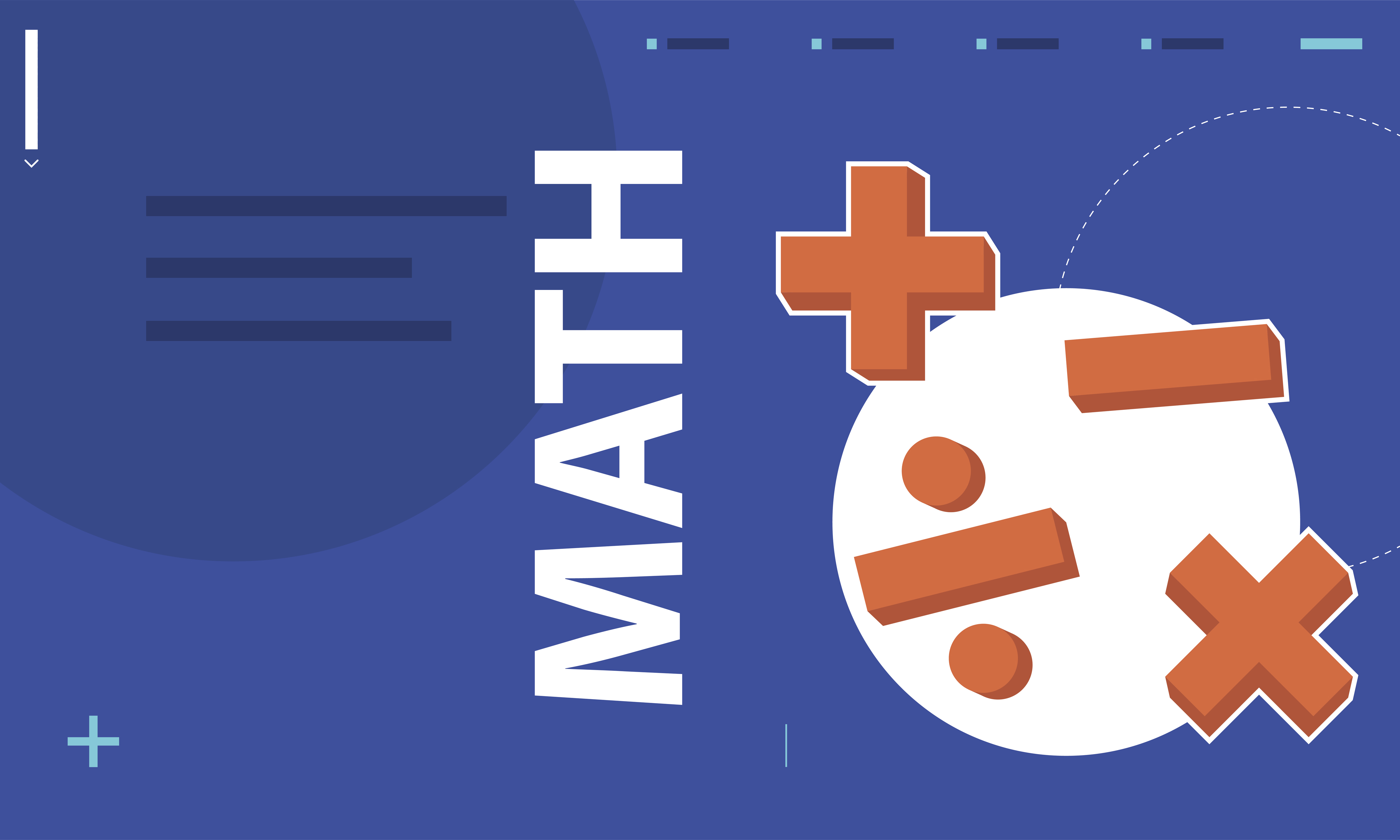Conceptual Framework


Values in mathematics classrooms refer to the values in the teaching and learning of mathematics in the context of classrooms and values which are implicit or explicitly embedded in the curriculum, textbooks, and anything related to the teaching and learning of mathematics. The construct is categorized into general education values, mathematics education values, and mathematics values.
 General education values are qualities which are not directly involved with the knowledge of mathematics or mathematics education, instead it focuses on developing good characters in man. These are values associated with the norms of a particular society and also the practices and system of the educational institution (Bishop, 2008). These values help teachers, schools, culture, society and students in character building of a good man. The ethical values include good behavior, integrity, obedience, kindness and modesty (Mark, 2016). For example, the topic on time discussed in class, may include the discussion on importance of appreciating time, the meaning of appreciating time that respecting other people’s time. The general education values are values which are very much influenced by the norm of a certain community, in particular the institution of education.
General education values are qualities which are not directly involved with the knowledge of mathematics or mathematics education, instead it focuses on developing good characters in man. These are values associated with the norms of a particular society and also the practices and system of the educational institution (Bishop, 2008). These values help teachers, schools, culture, society and students in character building of a good man. The ethical values include good behavior, integrity, obedience, kindness and modesty (Mark, 2016). For example, the topic on time discussed in class, may include the discussion on importance of appreciating time, the meaning of appreciating time that respecting other people’s time. The general education values are values which are very much influenced by the norm of a certain community, in particular the institution of education.
The Hierarchy Model of the General Education:
 Mathematics education values refer to the values which occur during the processes of teaching and learning mathematics. Classrooms situations are multi-dimensions, dynamic, and complex and values in mathematics education involved several different aspects. These values refer to values which occur during the teaching and learning in mathematics classrooms which are generally motivated and supported by teachers, textbooks, and school culture. Besides being very dynamic, classroom situations are also very complicated and multi-dimensional making it very important to pay attention to.
Mathematics education values refer to the values which occur during the processes of teaching and learning mathematics. Classrooms situations are multi-dimensions, dynamic, and complex and values in mathematics education involved several different aspects. These values refer to values which occur during the teaching and learning in mathematics classrooms which are generally motivated and supported by teachers, textbooks, and school culture. Besides being very dynamic, classroom situations are also very complicated and multi-dimensional making it very important to pay attention to.
The Hierarchy Model of the Mathematics Education Values:
 Mathematics values rise from the way mathematicians and mathematics educators develop the discipline of mathematics based on different culture setting. These are values produced by mathematicians who have grown up in different cultures (Bishop, FitzSimons, & Seah, 1999). All aspects of values contexts were given duly attention and being constructed and developed in an integrated manner based on the faith and believe in Allah. The universal integrated perspective believes that values in mathematics can be taught in an implicit or explicit manner, however, for the pupils to obtain them it needs to be constructed. The implication is that teachers’ role are limited to preparing suitable activities, provide encouragement, portray examples and assist students to experience the constructions of mathematics knowledge efficiently.
Mathematics values rise from the way mathematicians and mathematics educators develop the discipline of mathematics based on different culture setting. These are values produced by mathematicians who have grown up in different cultures (Bishop, FitzSimons, & Seah, 1999). All aspects of values contexts were given duly attention and being constructed and developed in an integrated manner based on the faith and believe in Allah. The universal integrated perspective believes that values in mathematics can be taught in an implicit or explicit manner, however, for the pupils to obtain them it needs to be constructed. The implication is that teachers’ role are limited to preparing suitable activities, provide encouragement, portray examples and assist students to experience the constructions of mathematics knowledge efficiently.
The Hierarchy Model of the Mathematics Education Values: